A Journey into Scholastic Esports
My name is Blaise Patterson, I am a Learning Experience Designer with FCL and I love video games.
Like many well-known figures in scholastic esports, I have spent my life playing video games. Growing up, I could only have imagined that video games would become a tool for learning; even as I began my research and work around integrating game-based learning in the classroom, the skepticism I encountered led me to believe we were years away from that becoming a reality. Thankfully, the collective effort of passionate educators has led to the acknowledgement of the potential of video games. Credit is also due to today’s students; their passion and enjoyment of gaming has all but forced educators to look at video games as an engaging tool for learning.
To my surprise, game-based learning was not my only interest gaining traction. It seems logical that alongside the rise of video games in education, the rise of esports would be soon to follow; competition is one of the inherent qualities that make gaming appealing. For clarification, game-based learning is the utilization of video games to facilitate learning, whereas esports focus on competitive play. Scholastic esports specifically refer to esports being facilitated in an educational environment. With the right approach, they can be a great way to help students explore future career pathways, while building transferable skills.
It’s important to note that scholastic esports are not just about students playing games; it incorporates additional opportunities for students such as marketing, branding, broadcasting and more. The key is to create as many leadership opportunities as possible. There are several notable organizations that support educators with starting a scholastic esports program, which I have highlighted later.
Despite the plethora of resources to get started, I noticed most curriculum alignment resources are focused on U. S. learning standards. This sparked my desire to contribute to the scholastic esports movement, in what I hope will be a novel way, over the next several months I will explore and create resources to support Canadian educators. This will be accompanied by topics that are important when implementing an esports program, including:
an emphasis on holistic wellbeing
the potential of student involvement
opportunities to be more engaged with your students
I look forward to sharing my journey with you, and hope that it becomes a collaborative effort. While I consider myself prepared (both professionally and personally) in this undertaking, it requires multiple communities of practice to create an inclusive approach. I encourage you, the reader, to share your thoughts and experiences.
Best Organizations and Resources for Getting Started:
North America Scholastics Esports Federation (NASEF)
One of the largest organizations in scholastic esports, NASEF’s website hosts a variety of free esports services. They offer guides and resources when starting an esports program, a community curriculum library (the current course offerings are U.S.-focused, however there are connections to ISTE standards), a series of online challenges to compete in, and a scrim finder (used to locate other teams interested in practicing).
National Association of Esports Coaches and Directors (NAECAD)
NAECAD’s website offers a variety of resources for educators to build a scholastic esports program. A greater emphasis is placed on supporting educators to become coaches, and do so through courses, workshops, and guides.
Esports and Minecraft: Education Edition
When I had my first conversation with friends about the eligibility of Minecraft and esports, many of them laughed; it simply did not fit into their idea of “traditional” esports. However, anyone familiar with Minecraft understands its open-ended nature supports any learning environment. This resource focuses on facilitating esports with Minecraft: Education Edition and highlights their approach to esports in partnership with the brilliant talent of Immersive Minds, who has created a detailed OneNote and series of arenas for you to use with your students.
You can catch Blaise on twitter @Blaise4Tech and LinkedIN

